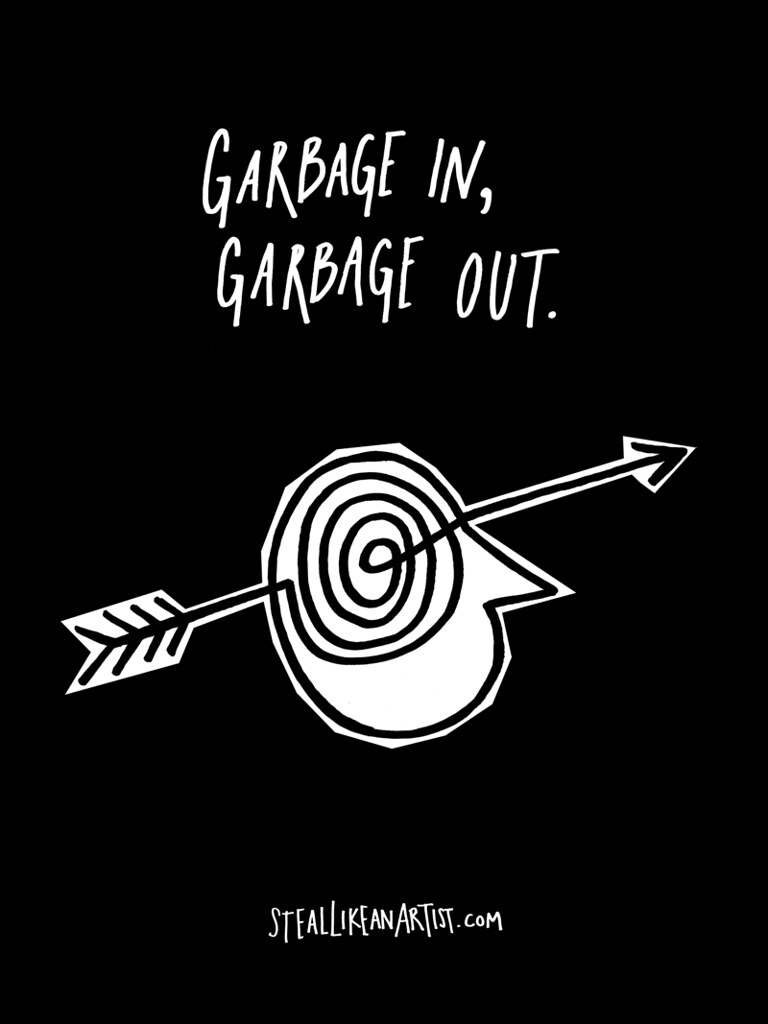Consider how you think in metaphors.
What are metaphors that reoccur for you?
Read Harvard Business Review:
How Strategists Really Think: Tapping the Power of Analogy
PRESENTATIONS "Finding the Right Metaphor for Your Presentation"
by Nancy Duarte November 17, 2014
SPOILER: This clip occurs at the end of Moneyball (2011)
Perhaps, one of the greatest speeches and metaphors in American History...
PDF - Teddy Roosevelt "The Man in the Arena"
Speech at the Sorbonne - Paris, France April 23, 1910
The Famous Quote:
It is not the critic who counts; not the man who points out how the strong man stumbles, or where the doer of deeds could have done them better. The credit belongs to the man who is actually in the arena, whose face is marred by dust and sweat and blood; who strives valiantly; who errs, who comes short again and again, because there is no effort without error and shortcoming; but who does actually strive to do the deeds; who knows great enthusiasms, the great devotions; who spends himself in a worthy cause; who at the best knows in the end the triumph of high achievement, and who at the worst, if he fails, at least fails while daring greatly, so that his place shall never be with those cold and timid souls who neither know victory nor defeat.


